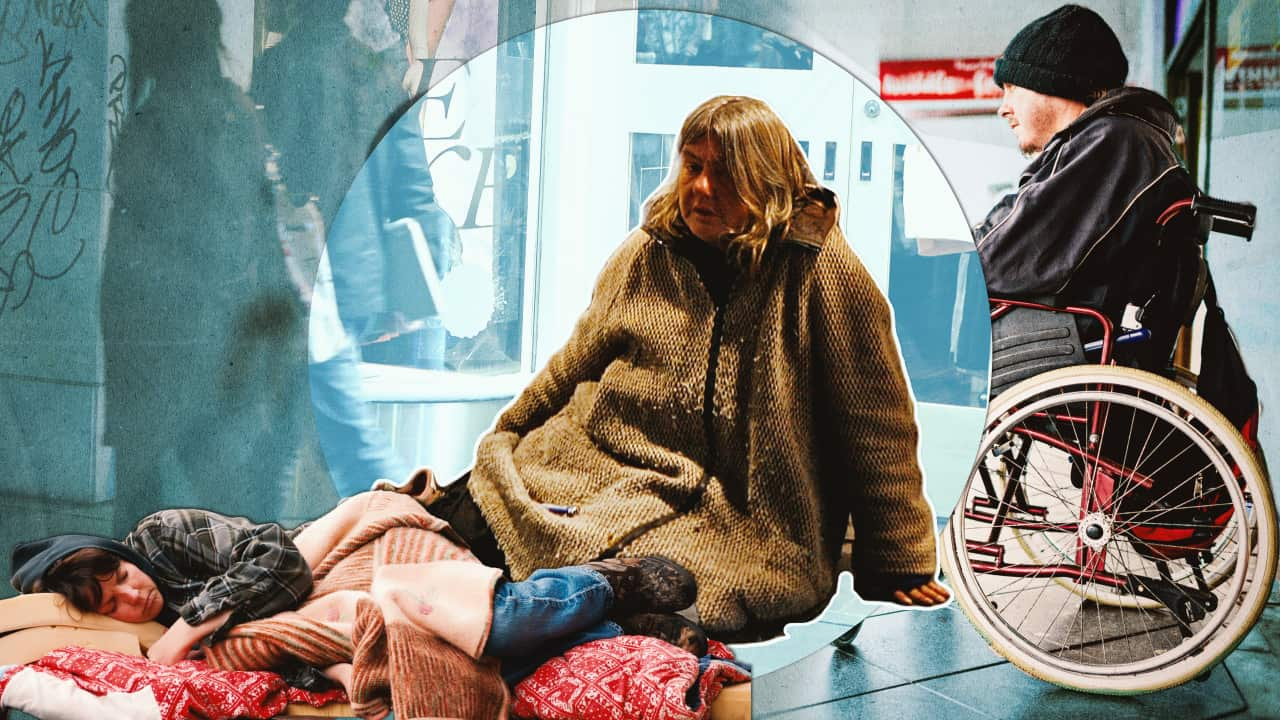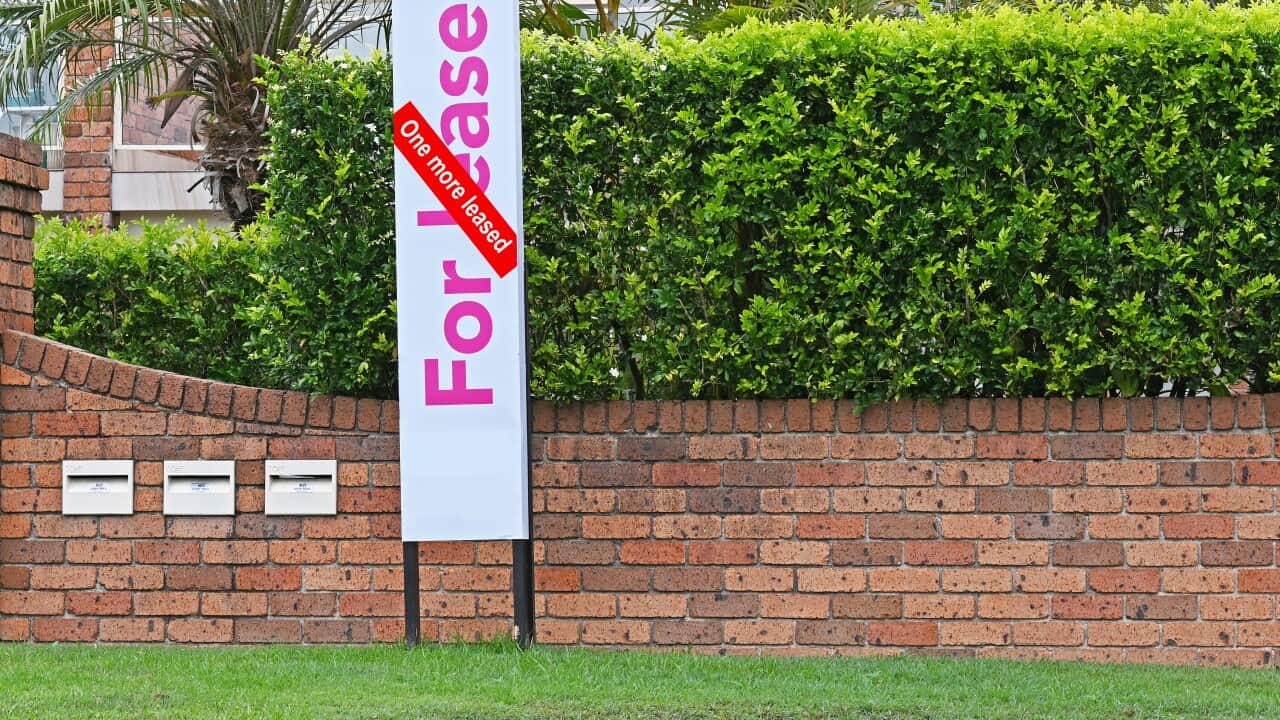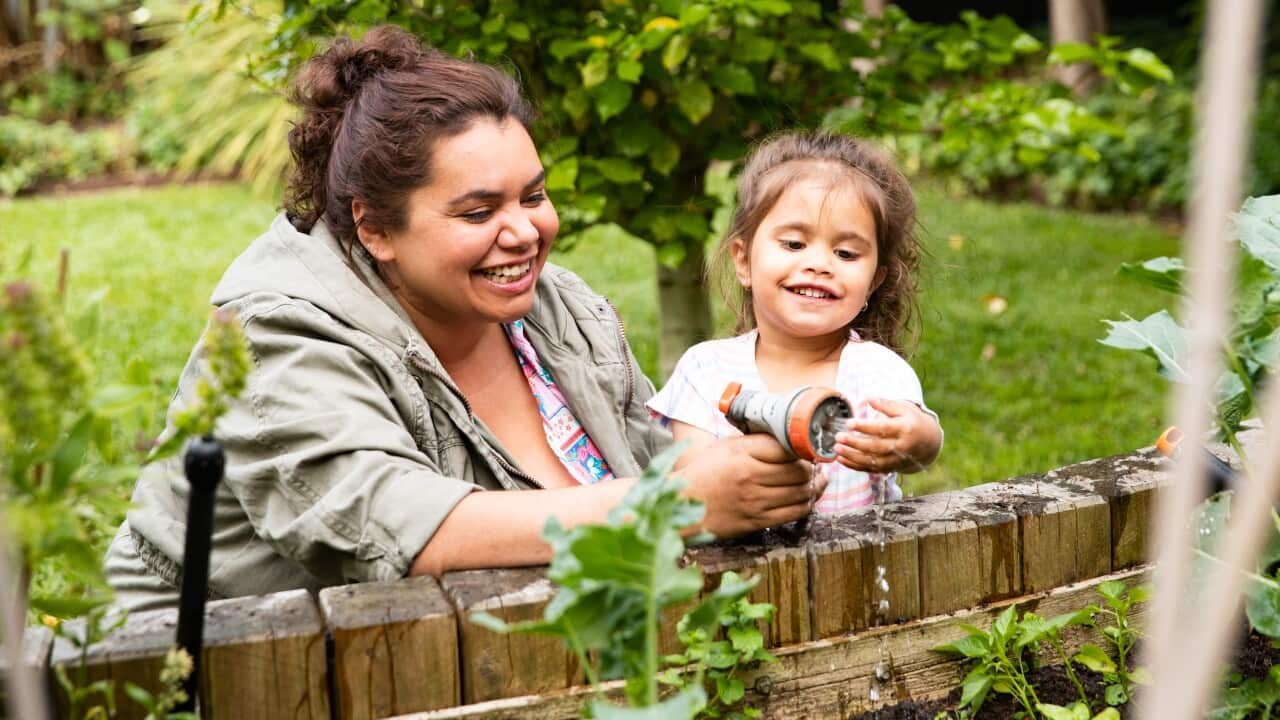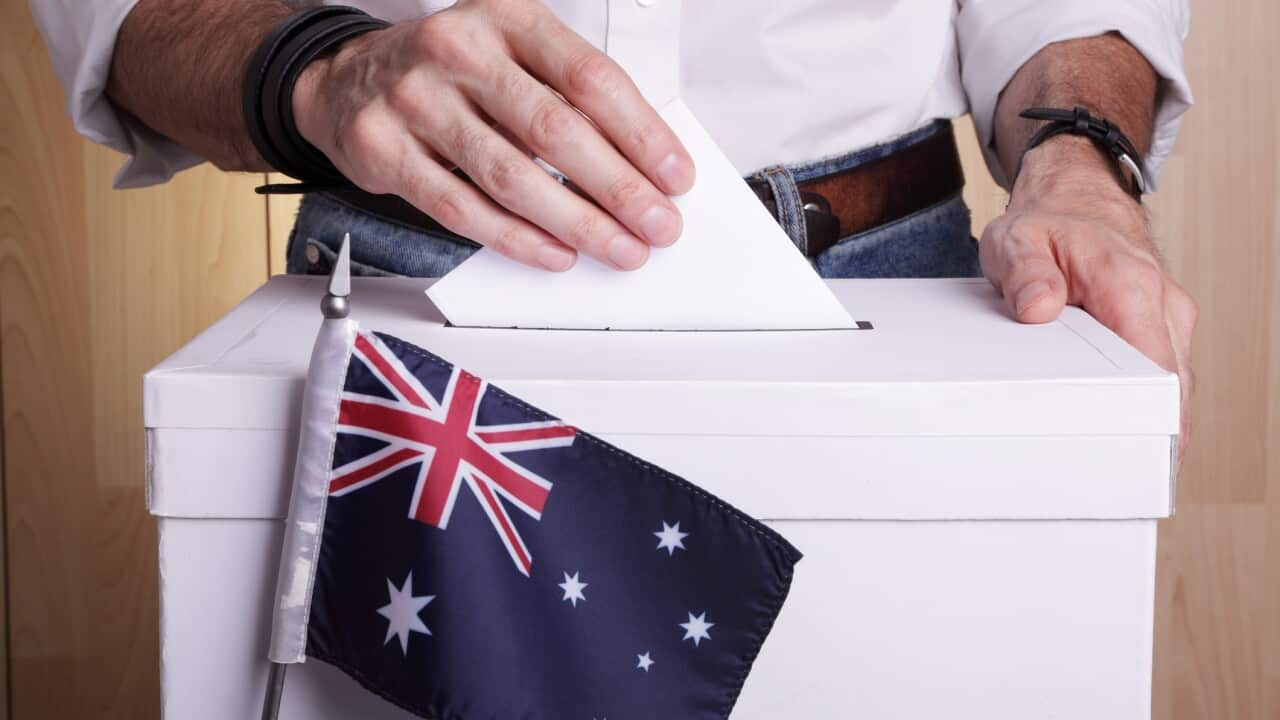Key Points
- Increasingly women are becoming homeless on fleeing domestic violence.
- Homelessness support services can often provide support beyond immediate crisis accommodation.
- When it’s safe to do so, go online to find your state or territory helplines and services.
- Call 1800RESPECT for housing support if you’re escaping domestic and family violence.
The last Census (2021) reports that each night in Australia more than 122,000 people experience homelessness.
Homelessness can mean more than not having a roof over your head. Hidden homelessness includes people in severely overcrowded housing, couch surfing, sleeping in your car or staying in crisis accommodation.
Crisis accommodation is usually provided by non-government organisations using state or federal government funding.
Who is crisis accommodation for?
Crisis accommodation means safe, secure temporary accommodation for people who are in immediate need due to all types of circumstances, Jed Donoghue says. He is Homelessness National General Manager with the Salvation Army, one of Australia’s largest providers of homelessness services.
“The pathways into homelessness can be as simple as someone losing a job, a lack of affordable rental accommodation, poverty, general health issues or mental health issues,” he says.

Increasingly women are becoming homeless on fleeing domestic violence. Source: Getty / ArtistGNDphotography
Women fleeing domestic violence
The ABS reports that the incidence of women facing homelessness has increased by 10.1 per cent since 2016.
Without question more women are becoming homeless on leaving domestic violence, says Annabelle Daniel, CEO of Women’s Community Shelters (WCS).
“They might have been isolated from networks, they might have experienced financial abuse. They might not have access to money to be able to afford a rental in an overheated rental market. All of those things can contribute to reasons why women become homeless,” she says.
“Women's Community Shelters works with local communities around NSW, and beyond now, to establish new crisis accommodation shelters for women and kids who are homeless or leaving domestic and family violence,” Ms Daniel says.
“Those crisis accommodation shelters provide safe roof, casework support and community wraparound and inclusion for up to three months.”
The network also helps women navigate the pathway towards affordable, permanent housing and somewhere they can live free from abuse.
WCS is connected to a range of state government phone helplines and local communities.
If it's safe to use your computer or phone, you can search Women's Community Shelters or visit womenscommunityshelters.org.au.
These professionals will walk alongside you to navigate the challenges of domestic and family violence and homelessness, Ms Daniel says.
There is no need to be in isolation around this. There is plenty of wonderful expertise and lots of communities that will support you and assist you.Annabelle Daniel, CEO, Women's Community Shelters

Homeless young invalid man sitting in wheelchair on the street Credit: LaraBelova/Getty Images
What about others escaping domestic and family violence?
Safe Steps is Victoria’s phone-based 24/7 family violence crisis service. It supports people of any age, gender, sexuality, ability and visa status to receive specialised support to escape family and domestic violence.
Nicole Abdilla is Safe Steps Executive Manager of Residential Services. She says services such as Safe Steps can provide referrals to local family violence specialists and other support services, including migrant and legal services.
“We conduct risk assessments and safety planning, provide pathways into emergency and supported accommodation across Victoria, including short-term pet-friendly options, collaborate with agencies to provide financial and material aid, and offer support and advice in the family courts and for people with a disability,” she says.
“If the individual is assessed as being at serious risk, we will help them access crisis accommodation. This could be in a motel, at a Victorian refuge or at any other of the three crisis accommodation facilities.”
Anyone worried about their own, or someone else’s safety can contact Safe Steps any time on 1800 015 188, email safesteps.org.au or use their Web Chat.

When people are assessed as being at serious risk they can be directed to crisis accommodation services. Source: Getty / David Freund
Are you safe right now?
When you phone a crisis support helpline such as Safe Steps it’s normal to be asked some questions about your immediate situation.
“The conversation would sound something like: ‘are you safe right now?’ And if someone says they are safe to have a conversation, then further information would be obtained to complete that risk assessment,” Ms Abdilla says.
If you don’t speak English, someone can request an interpreter on your behalf—perhaps a friend, someone from a community service, a GP or someone from your English class.
Support services facing the demand
Unfortunately, in Australia there’s more demand for crisis accommodation than we have the capacity to meet.
The Salvation Army works hard to meet this demand, helping close to 40,000 people who are homeless and providing 850,000 crisis beds each year. It welcomes all people, no matter the circumstance.
You can go online to find a Salvos service nearest you to make an appointment. They can also refer you to other homelessness services across Australia.
Most state governments have a single access point to the homeless system. To find services closest to you, Google ‘crisis accommodation’ and your state or territory for the phone number.

There is more demand than we can meet. Source: Getty / imamember
Some crisis accommodation services:
Call 1800RESPECT for housing support for people escaping domestic and family violence
Crisis payment for people in extreme circumstances
Services Australia spokesperson Justin Bott says you may be eligible for a government crisis payment.
The payment is available to people who are forced to leave their home and are experiencing severe financial hardship.
“It's a one-off, non-taxable payment for people who are already getting an income support payment like a special benefit, JobSeeker payment, and you've experienced an extreme circumstance,” says Mr Bott.
If you meet the requirements, I strongly encourage you to contact us right away, because you need to apply for a crisis payment within seven days of the event.Justin Bott, Services Australia
Services Australia has a multilingual phone service on 131 202, and the website can be translated in multiple languages.
Services Australia will process your ongoing payments even if you have no fixed address. Just let them know whenever your circumstances change. They will work with you to arrange a point of contact—a post office box, friend, family member or other local service provider.








